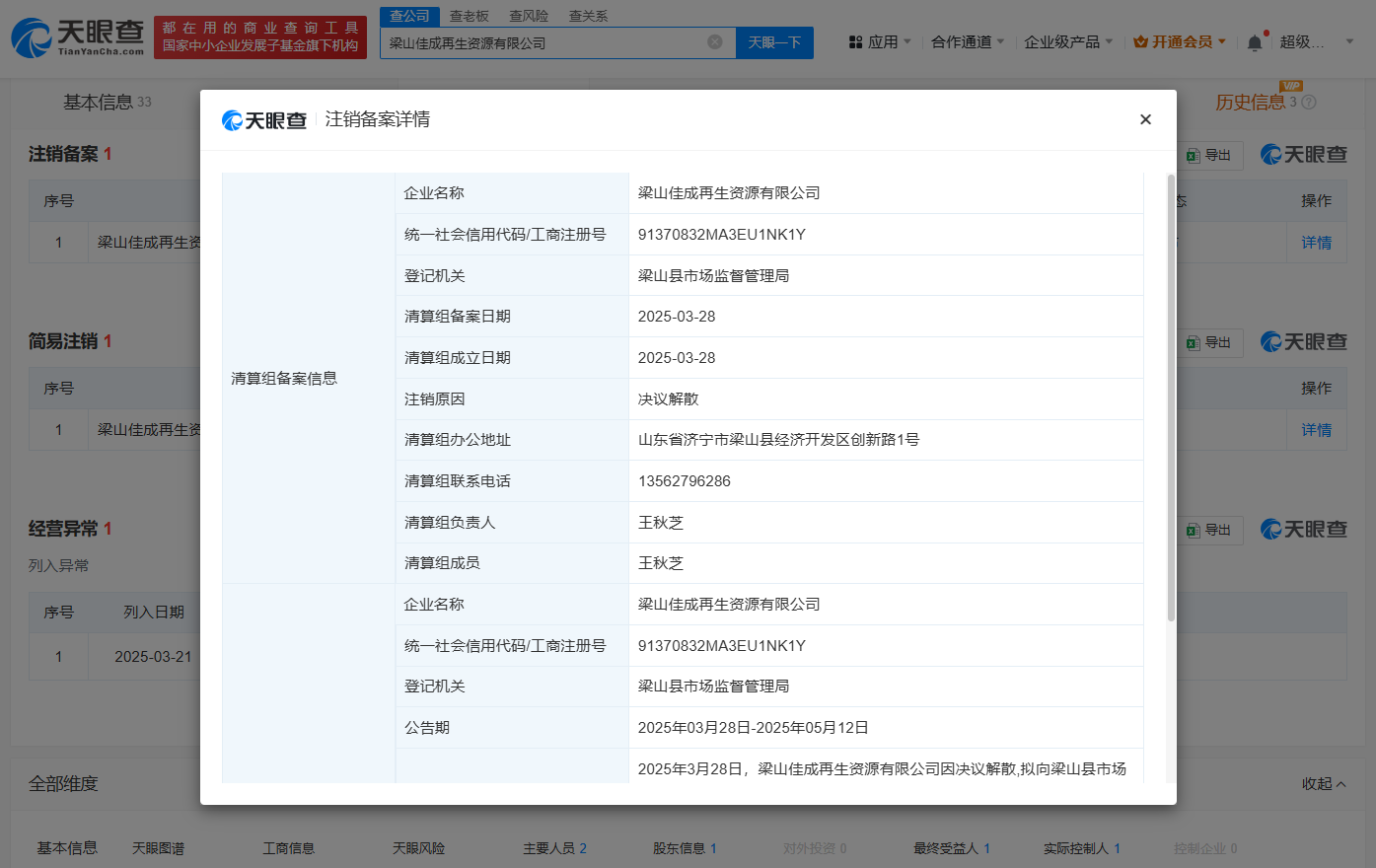In the field of consumer finance, a quiet revolution is taking place. The once forceful overdue collection practices are now donning a gentle demeanor, with many overdue borrowers unexpectedly receiving "overdue collection red envelopes" from lending platforms.
This shift began recently, with many netizens posting on forums, showing the red envelopes they received from platforms like Alipay. The amounts in these envelopes range from several hundred to tens of thousands of yuan, a seemingly abrupt mix that is actually a olive branch extended by lending platforms to accelerate capital recovery.
Traditionally, collection is closely associated with negative tags like "blasting contact lists" and "intimidation." However, this large-scale show of weakness towards debtors raises questions about what is happening in the collection industry.
Upon further investigation, this change is driven by the无奈 compromise of consumer finance platforms on overdue accounts. Long-term non-recovery of loans not only erodes the platform's profits but also brings high collection costs. To break this stalemate, platforms are beginning to try more gentle methods to encourage overdue borrowers to repay.
Take Alipay as an example. Its "HuaBei/JeBei overdue repayment red envelopes" are directly named for their purpose. Other platforms like JD Gold Bar, Feile, and others, although not explicitly labeled, have also issued substantial red envelopes to overdue borrowers, essentially employing the same reduction strategy. These red envelopes are not available to everyone but are selected through big data analysis, primarily targeting those with longer overdue periods.
Many overdue borrowers reported receiving such red envelopes after being overdue for two years or more. The amounts are quite substantial, with some borrowers even exempted from all interest and fines, required only to repay the principal. Such preferential policies are undoubtedly a booster shot for users trapped in debt.
In addition to directly issuing red envelopes, lending platforms are also proactively communicating and negotiating with overdue borrowers, offering personalized repayment plans. Customer service representatives from platforms like Meituan and Weibo explained that once a user is overdue, relevant departments will follow up immediately and formulate repayment plans based on the user's actual situation.
On social media platforms, many users have shared their negotiated repayment plans with the public. Some successfully avoided part of the interest or fines, while others reached agreements for deferred repayment. These successful cases have undoubtedly provided valuable experience and confidence to other overdue users.
Industry insiders point out that lending platforms are adopting such strategies because overdue accounts have become a heavy burden. By issuing red envelopes and negotiating repayments, platforms can reduce collection costs to some extent and improve capital recovery efficiency. At the same time, this also provides an opportunity for overdue users to recover, helping to ease social contradictions.
However, it is worth noting that not all overdue borrowers can enjoy such preferential policies. Platforms consider factors such as the duration of the overdue period, repayment willingness, and financial situation when issuing red envelopes. Therefore, for those who still refuse to repay or maliciously evade debt, platforms will still take necessary legal measures for collection.
In this revolution in the consumer finance field, we see a subtle balance between platforms and users. On one hand, platforms need to recover capital as soon as possible to maintain operations; on the other hand, users need reasonable repayment arrangements to alleviate their burden. Through the issuance of overdue collection red envelopes and negotiation of repayments, the tense relationship between platforms and users has been somewhat alleviated.







暂无评论